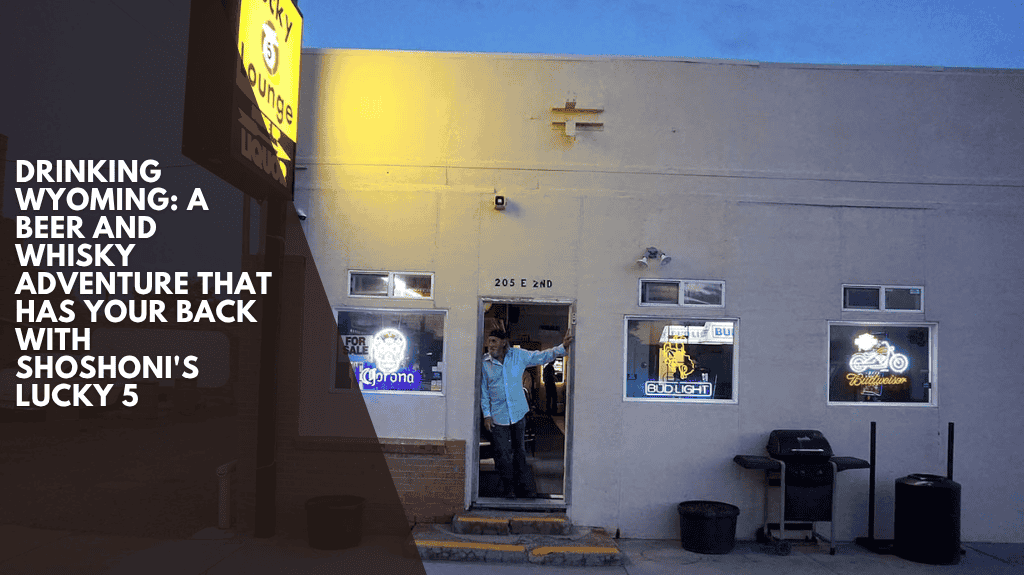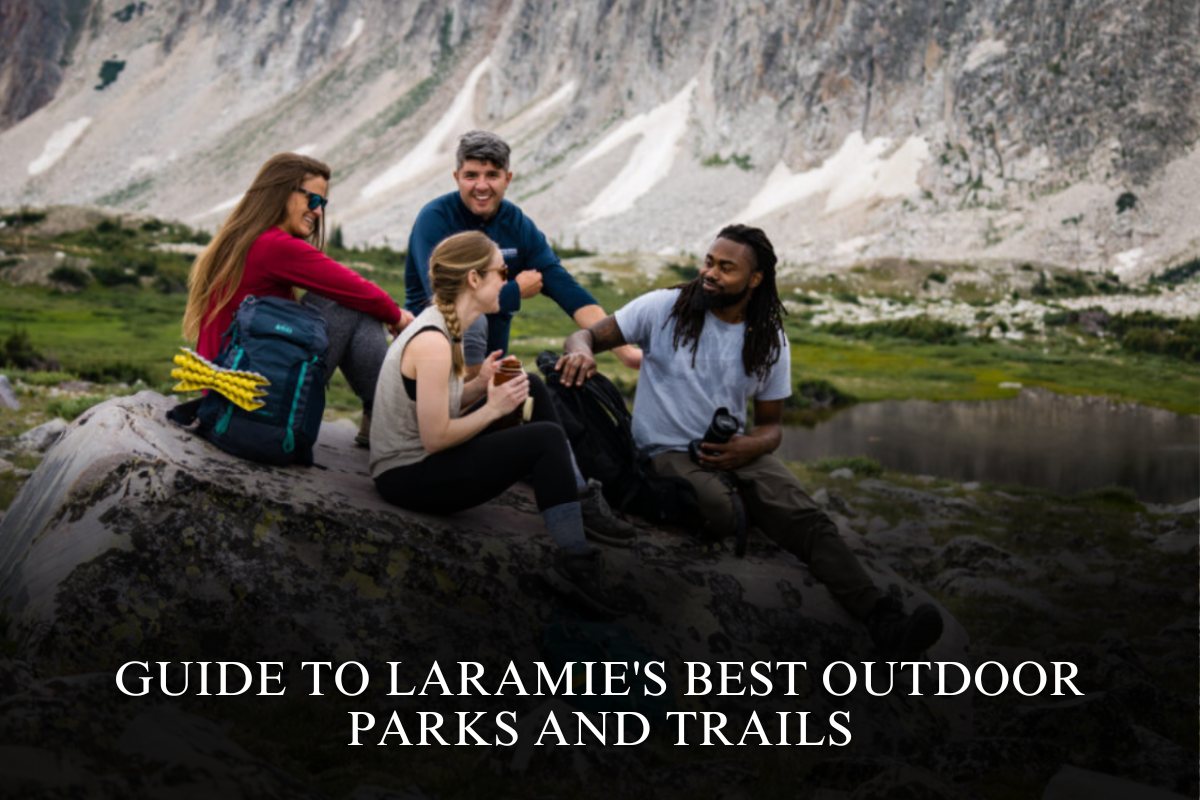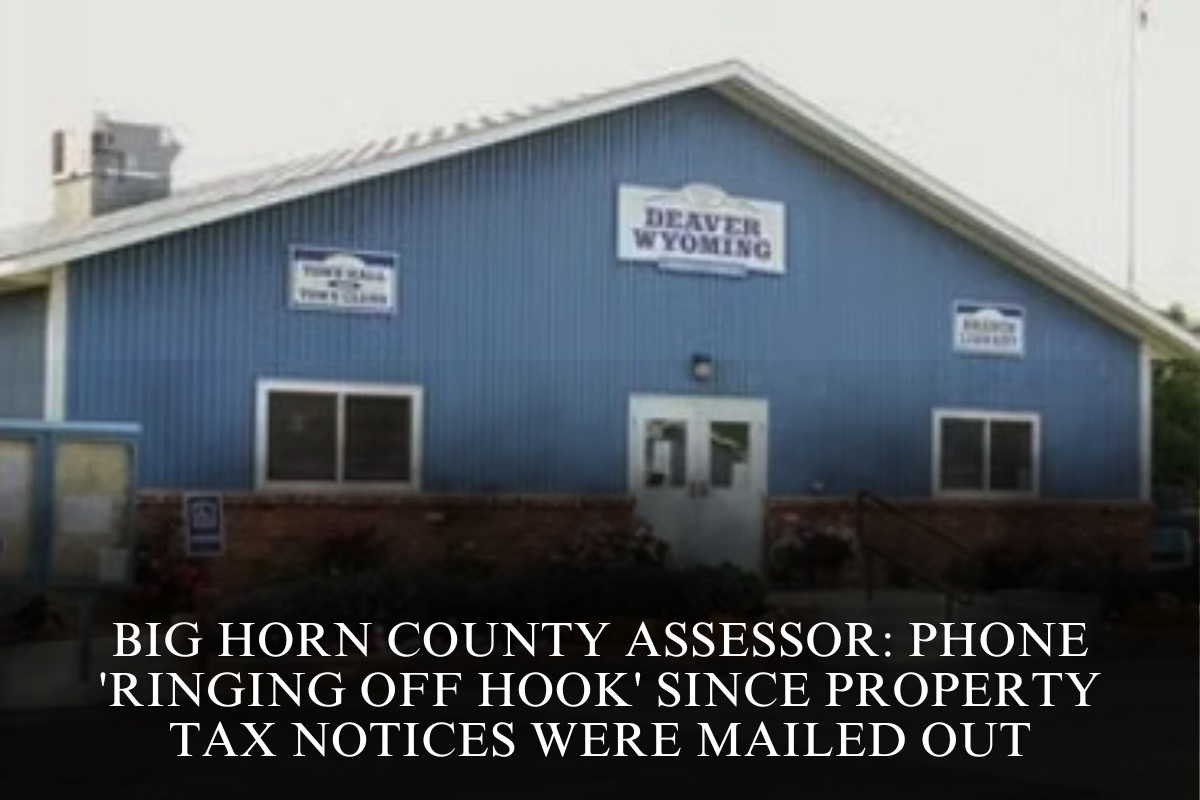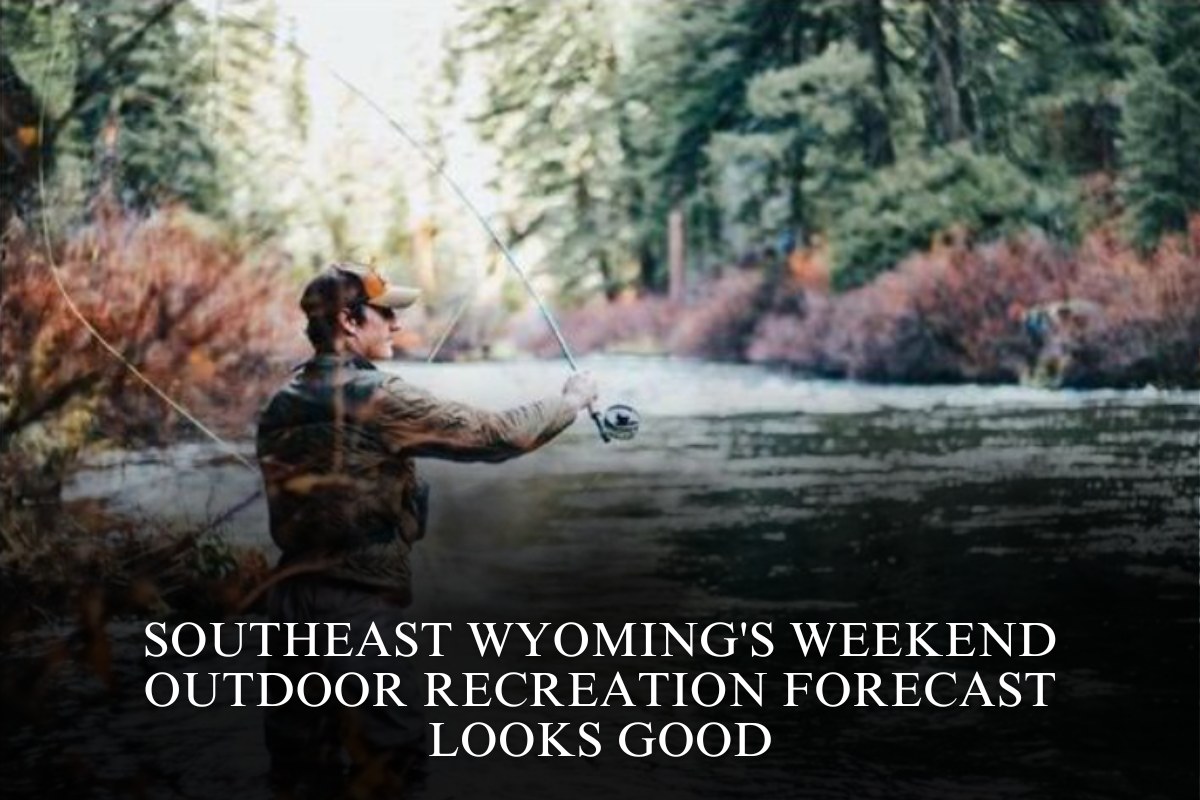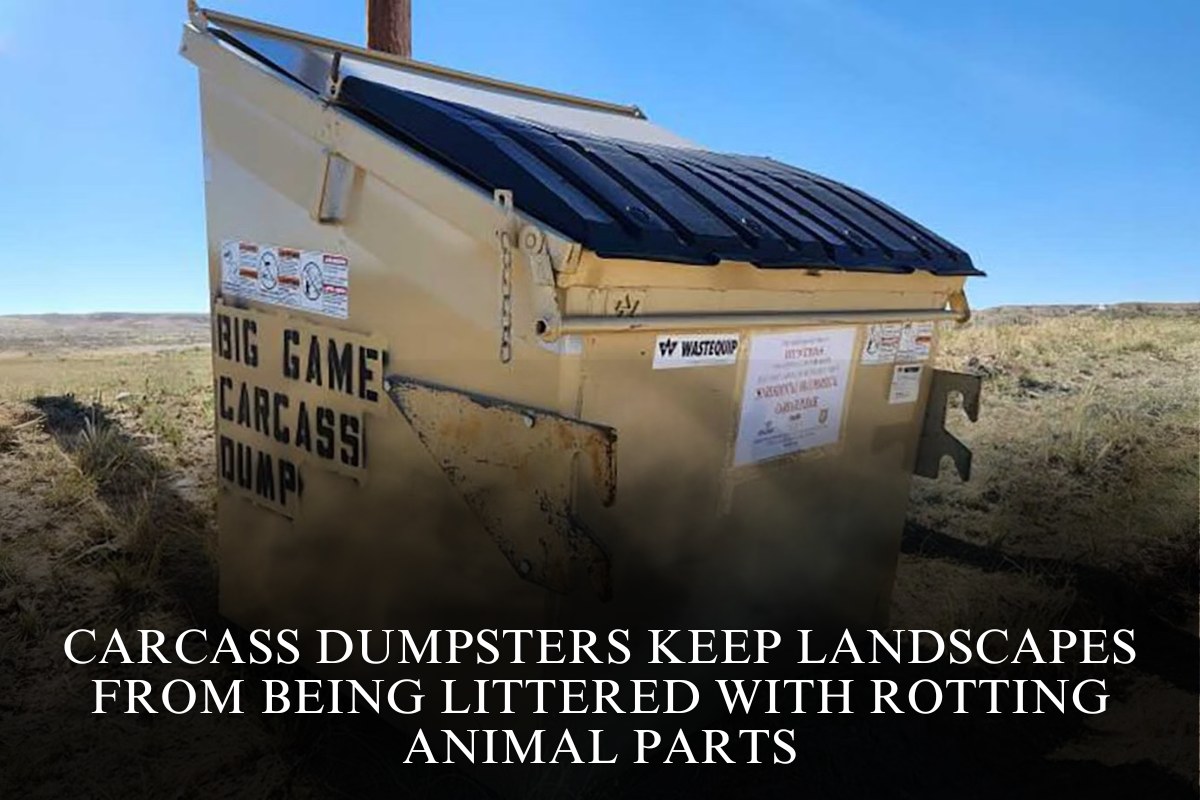SHOSHONI — The regulars at the Lucky 5 Lounge can tell you’re from out of town as soon as you enter.
The way you dress tells them. The fact that you smell like cologne lets them know. The timid way you sit on a stool lets them know.
Most importantly, though, they can tell by the drink you choose.
Jane Loe turned her head down the bar and dropped her jaw theatrically, asking, “Did you just ask for wine!?”
She examines every inch of you, from the bright yellow bucket hat to the loud red socks, and then smiles with a loving condescension that is usually reserved for unfortunate kids with embarrassing science fair projects.
“You don’t come from here, do you?” She said, sounding as though she took pleasure in breaking bad news. “Here, no one orders wine. Even if you wanted a margarita, you couldn’t get one here.
A small crowd is already swarming in. “He wants wine,” someone whispers scandalously over your shoulder.
Freda, the barman, looks at him with the glassy eyes of a China doll and shrugs.
Everyone at the Lucky 5 Lounge seems to be holding their breath for a moment, wondering what the out-of-towner will say next.
You suggest a beer and a shot of whisky. A sigh of relief can be heard. You’re using the same language now.
“Coming up right now!”
Lucky 5 Lounge offers a slim-pickins menu along with all the traditional features of an old-fashioned dive bar.
The smoke from cigarettes fills the air. The vinyl booth seats have been ripped, split, and reassembled using duct tape in tiger stripes.
Brianna, a woman in her 20s, curses her losses while tapping the screen of a skill game. There is a friendly bet on a darts game. The cracking sound of 8-ball break shots seems to signal the passing of time like church bells throughout the day and into the evening.
The people at Lucky 5 are immediately friendly and trustworthy, in contrast to other dives where the locals can be suspicious or possessive.
In addition to sharing intimate personal tales of vulnerability, they also discuss their fondness for historical periods that may not be legally permissible.
Loe declared, “I share everything.”
Four-Day-Weekend Energy
Loe, 70, has a beaming smile and warm brown eyes like two chocolate chips. Her youthful, go-lucky attitude stands in contrast to an aged facade. The deep wrinkles in her neck ripple like a pumping concertina when she laughs.
And she laughs a lot, because the regulars and staff enjoy having fun.
She’s dressed in a striped cotton dress that she proudly declares cost her $1 at the thrift store, describing herself as a woman who values experience over material possessions.
She’s also a woman who is leaving the house with a freshly cracked can of Busch Light cleverly concealed in a screw-top koozie.
“I drank and drove. Is this legal? I do not know. Do the locals do this all the time? “I do,” she says simply.
But first, she pulls Freda from behind the bar to dance as a blues rock song plays on the jukebox. Her energy is contagious. Others join in.
It’s not even Wednesday’s happy hour, but it already feels like the start of a four-day weekend.
Lucky 5-star Hospitality
Steve Mullen is a lifelong Fremont County resident, Lucky 5 barman and former oil field worker who could have been Willie Nelson’s stunt double.
He has hollowed cheeks, a braided blond beard, and hooded blue eyes filled with sadness, as if he is harbouring painful memories from the past.
If you talk to him long enough, he might tell you about any number of tragedies he witnessed growing up, such as a double murder-suicide involving friends from the oil fields.
“You’d have to be here to even fathom it,” he joked. “Some crazy stuff.”
The memories may leave deeper scars because, deep down, he’s a peacenik with a big heart for humanity — a heart he brings to the work of hospitality, drawing more comparisons to Outlaw Willie.
Standing at the Jukebox, you feel a nudge on your elbow.
“How’s the Shoshoni hospitality so far?” Mullen enquires, a hint of conspiracy in his voice.
Could not be better.
“Well, maybe it could be,” he said, passing over a small tin of Altoids mints. “There’s more hospitality here if that’s your thing.”
Inside, there may or may not have been strangely potent, minty-flavored nugs of purple-haired marijuana.
OK, the hospitality could be improved.
Next up on the jukebox is Willie Nelson’s “Roll Me Up and Smoke Me When I Die.”
No Such Thing As A Lucky 5 Type
By first impressions, the people funneling through Lucky 5 Lounge have a lot in common. They’re jaunty but hospitable, hardened through experience but unafraid to be vulnerable.
By first impressions, the people funneling through Lucky 5 Lounge have a lot in common. They’re jaunty but hospitable, hardened through experience but unafraid to be vulnerable.
Although the more time you spend here, the more you realize there’s no such thing as a Lucky 5 “type.” But if there’s one word that gets at their essence, it’s loyalty.
This is a bunch that has each other’s backs — even if that means whacking a guy with a pool cue.
‘When You Hit A Woman, That’s Where I Have A Problem’
Anthony Gatherers, 42, cuts a unique figure among the regulars here.
His skin is anaemic pale, and he always wears black, from his boots to his leather fedora. The only colour accent is the gleaming clip from a boxcutter that he keeps in his front pocket.
He wears a thin brown ponytail and a rakish goatee. He gives the impression of a guy who doesn’t speak unless he’s asked to. Every Wednesday, you can find him at Lucky 5, circling the pool table like a vulture around its prey.
By his own admission, he exudes the quintessential school shooter vibe.
“Back during all the Columbine stuff, everyone was looking at me differently and my parents and my teachers all told me to stop wearing black,” he remembered. “But I would not do it.” I have always worn it. “I always will.”
His elders eventually succeeded in their campaign to put an end to his obsession with horror stories.
“I used to write a lot of stories about people who go camping and everyone gets killed,” according to him. “I finally stopped doing that.”
Gatherers’ own story is not to be judged by its cover, and the customers here unanimously agree that he is a man of integrity. One of the principles guiding that integrity is his firm stance against hitting women.
It was a weekend evening at the Lucky 5, and a group of out-of-towners became inebriated and raucous. A scuffle started in the pub and spread to the street.
Gatherers assumed the role of crowd control, using his pool cue to keep people back. However, one of the men grabbed the cue and snapped it, then landed a roundhouse on the head of a local patron named Sherri, who collapsed hard to the ground.
“That’s not okay with me. I was attempting to break up the fight, but when you hit a woman, I have a problem,” he explained. “I took both ends of my pool cue in one hand and swung at him. Got him good. It calmed down after that.
Shoshoni Is Home
Loe experienced this loyalty from a different vantage following a tragedy that made her realize Shoshoni is home.
One morning in December, after an overnight snowstorm, she went “out of town to go necking” with her boyfriend.
But as they approached the Badwater Creek Bridge, they spun out on patch ice and collided with another vehicle, resulting in a gruesome crash that twisted their truck’s cab and bed apart like the layers of a Rubik’s cube.
She recalls first responders pulling her out through the broken front windscreen. And she remembers how devastated she was to learn that her boyfriend had died.
She’d arrived in Shoshoni in 1995 on a wave of midlife wanderlust, with no plans to stay. But after that experience, she realised Shoshoni was where she belonged.
“These precious people, I didn’t even really know any of them at that time, but they all pooled money for me,” she told me. “They had a can, and everyone put it in there. They made my house payments and were there for me.
“That is why I am still here today: because of the community, friends, and love. They embraced me. You won’t find that in the big city. So I said I wasn’t going anywhere.”
With a community like this, who needs wine and margaritas?
Is Lucky 5 Now Fighting For Its Own Survival?
The Lucky 5 community is the living legacy of a man named Eddie Roberts.
According to local legend, the bar was discovered by a man named Bob Berg during a high-stakes poker game in the mid-to-late twentieth century. Berg died, leaving the pub to his wife, who later sold it to her son, Eddie Roberts, whose legacy is the Lucky 5 community that exists today.
Roberts poured himself into the company, building a culture that people wanted to be a part of.
“He cared about this location. He invested in it, and we cared because he did. And we cared about him because he cared about us’, said Freda, who had known Roberts for 50 years and recalls their first kiss behind a skip at Shoshoni High School.
She recalls Eddie leaving a few thousand dollars on the bar top one night after her shift and telling her to use it to pay off an expensive car loan. He gave her interest-free repayment for as long as it took.
In the early 2010s, he was diagnosed with organ cancer. After several unsuccessful chemo treatments, he accepted the inevitable. His only wish was to die in the place he cherished the most.
“He wanted to spend his final days here. It was the most important place for him. And I was the last person to see him alive, right there,” Freda stated, nodding across the room.
He slept on a leaky air mattress next to the pool table. Freda tucked him in every night and locked the door behind her. The morning barman got him back on his feet the following day.
“He drank himself to death,” she explained. “And I’ll never forgive myself because his last night was a cold winter night, and I didn’t cover him up.”
Eddie’s brother, Sterling, has since taken over the bar, and Freda and others describe him as an unconcerned owner who would be eager to get rid of it. There is a “for sale” sign in the window.
“He isn’t concerned about what Eddie did, and I’m not sure what will happen to us. But I’m going to fight for this place because it’s a part of me’, said Freda, whose mother once worked behind the bar at the Lucky 5.
Wine, At Last
In the meantime, the staff at Lucky 5 are still fighting to give their customers the best experience possible.
“You said you wanted wine, right?” Mullen exclaimed triumphantly, smacking down two strange bottles of booze on the bar.
What is this?
“American White Port.” “I found it buried in the back,” he explained. “This is the stuff that all those winos back in the day would drink.”
Nobody knows good wine like a wino. Let her rip, you say.
Mullen served shot-size pours in the Lucky 5’s closest approximation of a wine glass. Everyone in the bar touched glasses and drank.
The hospitality just keeps getting better, you think to yourself. However, perhaps you are a whisky and beer guy after all.
